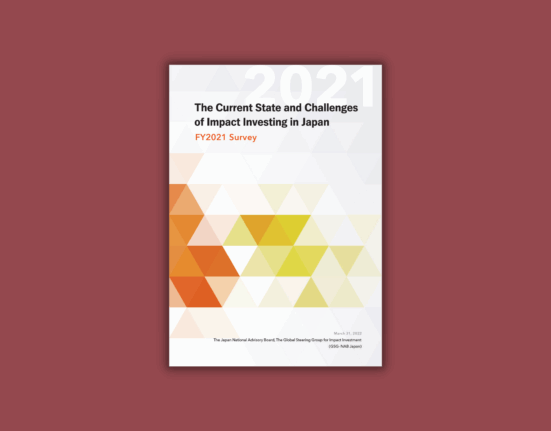Fundrise’s founder, Ben Miller, recently sat down with CNBC to delve into the realm of retail access to private securities. These securities are typically issued under the Reg D exemption—a rule that mandates investors to be “Accredited,
” meeting certain income or net worth criteria. This requirement has faced significant backlash for its financial exclusivity rather than merit-based inclusion, thus shutting out countless potential investors.
While there are expectations for Congress to enhance this rule in the near future, its discriminatory nature has hindered individual investors from tapping into some of the most lucrative US firms. As the landscape of exempt securities and technology advances, more small-scale investors can now venture into private securities offered by renowned companies.
Originally concentrating on real estate investments, Fundrise has harnessed its technological capabilities to empower smaller investors through Regulation A (Reg A). Unlike Reg D filings that necessitate only a notice submission, offerings under Reg A must gain SEC qualification—ensuring a higher level of transparency.
In response to Republic’s introduction of “
Mirror Tokens
” linking digital assets to stock in private entities like SpaceX, Miller expressed skepticism: “
it makes no sense… it couldn’t be more different.
” Contrasting this approach with Fundrise’s model that directly holds shares in these private companies showcases their unique investment strategy.
By establishing the first registered venture fund through direct SEC engagement, Fundrise has channeled investments into prominent tech enterprises such as Canva, Databricks , and OpenAI. Miller foresees tokenized investments enabling trade resemblance to cryptocurrencies—a trend resisted by many private firms aiming for continuity in their status.
Unlike publicly traded counterparts burdened with compliance costs and regulations, privately held companies opt for prolonged privacy. Reflecting on this concept, Miller emphasized how major public players like MAG Seven would have incurred substantial wealth losses if they had remained private. He underscores the restricted retail participation in such ventures due to regulatory limitations.
Miller’s critique extends to policymakers and regulators impeding wealth creation through restrictive policies—”
trillions of dollars” lost due to flawed regulations. Fundrise emerges as a proactive player seeking solutions within this complex financial ecosystem—bridging gaps between retail investors and high-growth potential firms.
As Fundrise pioneers innovation in democratizing investment opportunities traditionally reserved for elite circles, their bold initiatives challenge industry norms and competitor strategies while advocating for a more inclusive financial landscape.









Leave feedback about this